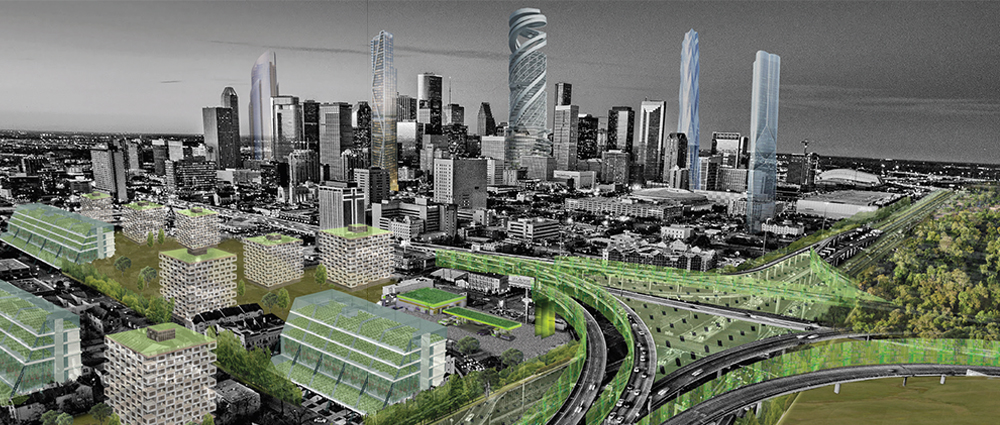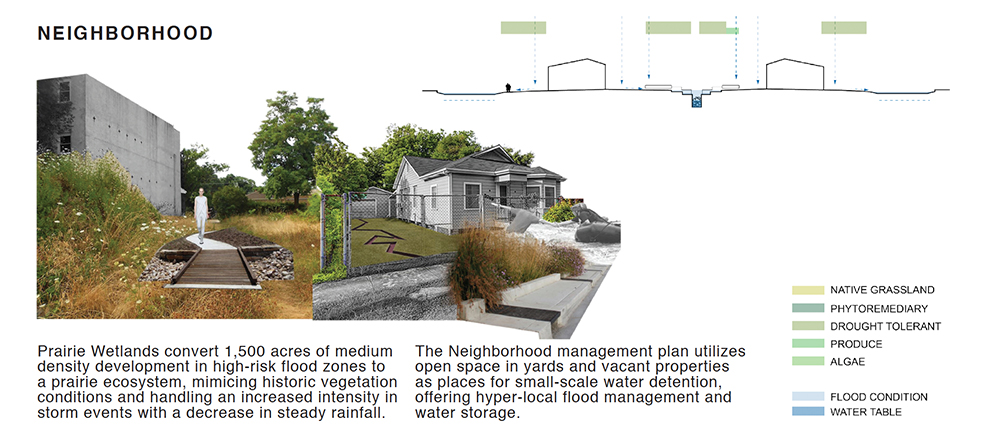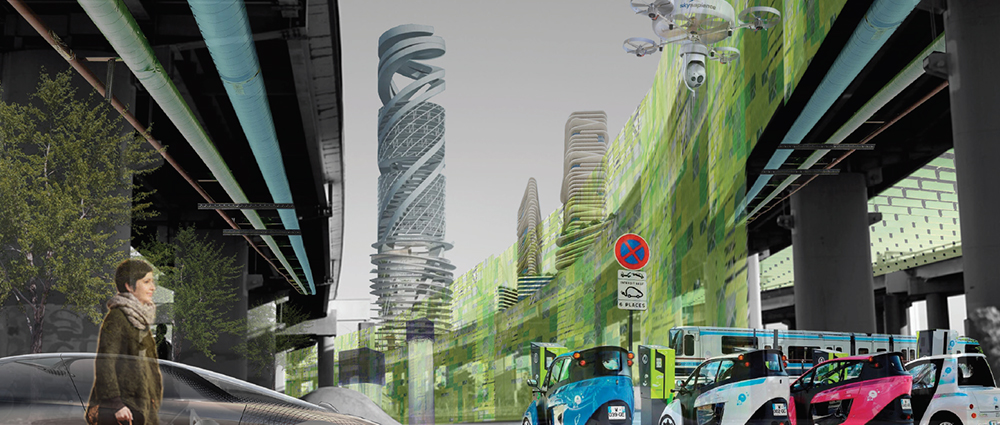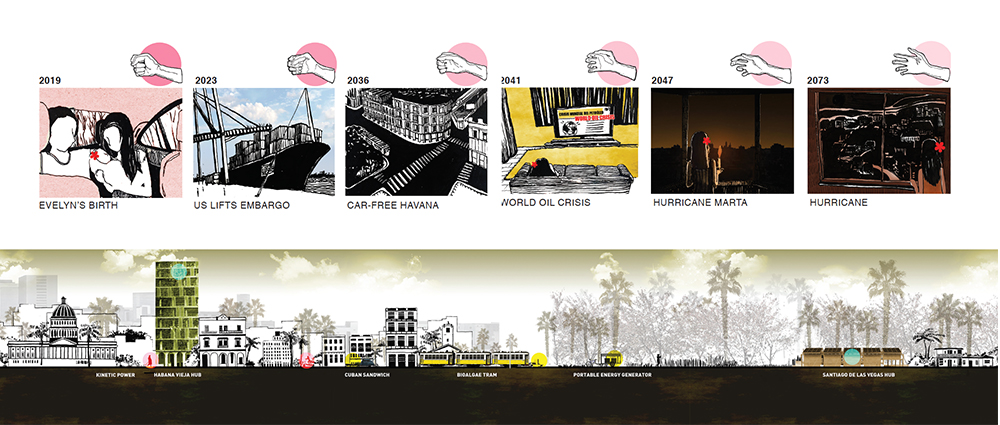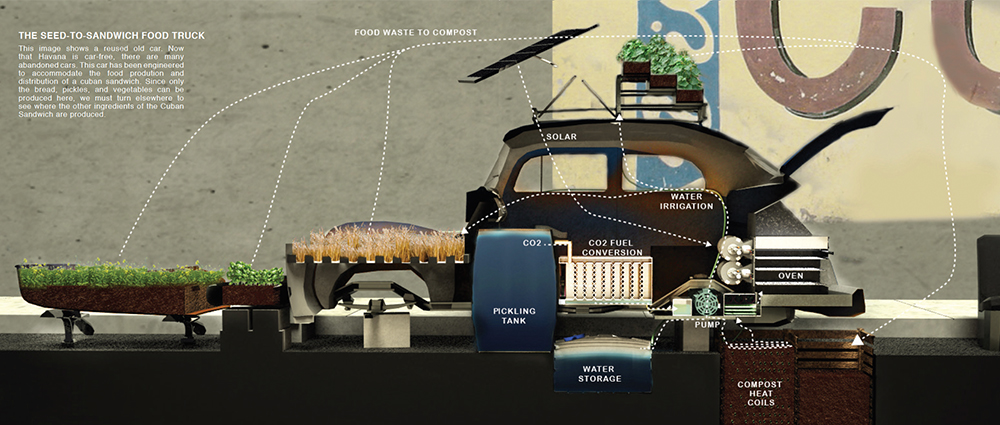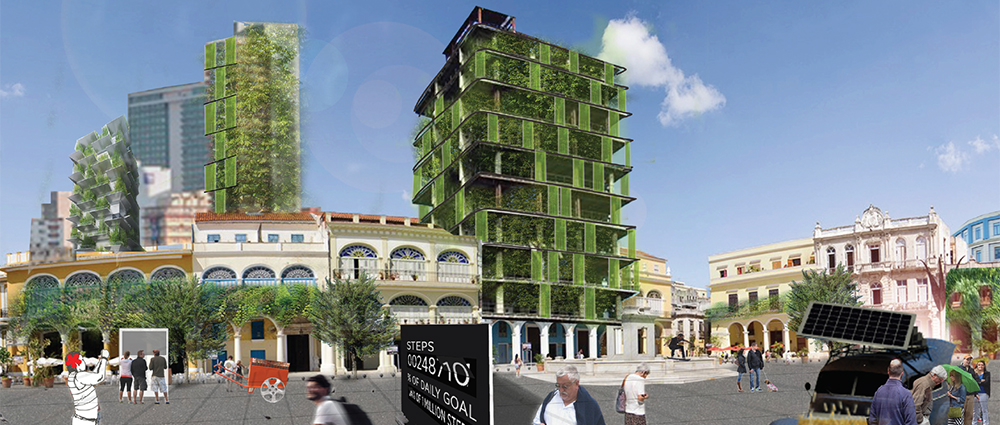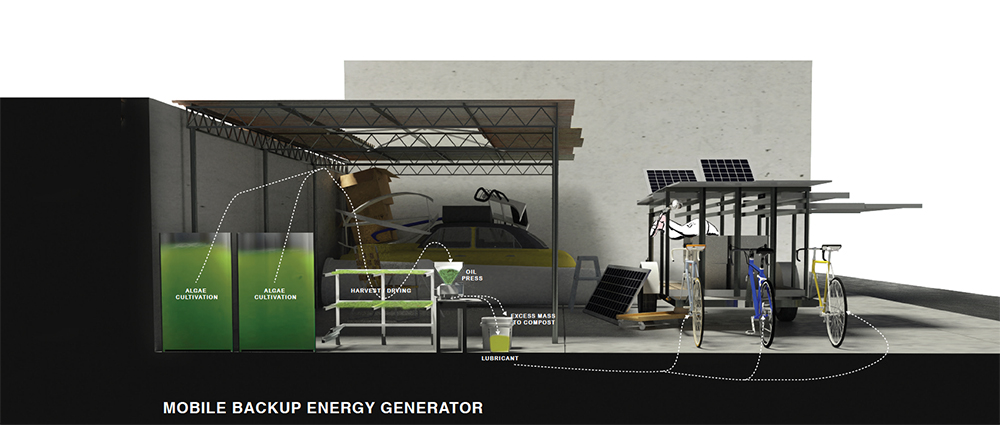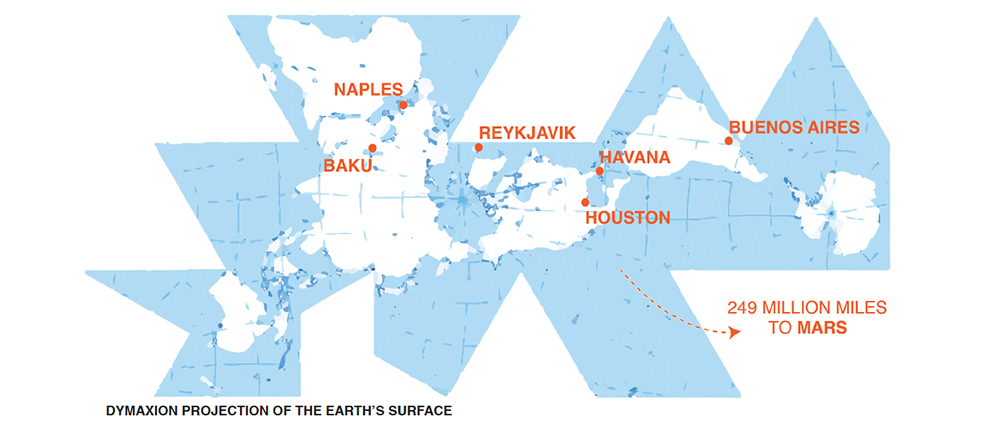2016 McKinley Studio: Smart Cities and Urban Productivity
BE 505: Interdisciplinary Vertical Design Studio
Cities have long been understood as hubs of creativity and productivity. They are locations of innovation across all sectors of the economy, serving to advance technologies through a complex network of agents, policies, and institutions. In the future, cities will increasingly rely on smart city concepts, which utilize technologies, both old and new, to enhance urban performance and community well-being, to reduce costs and resource consumption, and actively engage residents through co-design practices that allow urban areas to learn, adapt, and innovate and thereby respond effectively to changing conditions.
With an expected doubling of the global urban population to 7 billion in 2050, the productivity, resilience and self-sustainability of smart cities is of upmost concern. Cities need to produce, handle and recycle their own resources and can no longer solely depend on their hinterland to provide a nexus of water, energy, and food resources. Supported by the United Nations, this nexus of resource systems represents a confluence of contemporary and future issues and concerns for all cities. Metropolitan regions are actively seeking to address the challenges presented through this nexus, but often address them in isolation, constrained by sectoral boundaries. What is needed are deep evaluations that go beyond single sector solutions to consider broader influences and interdependent impacts that serve to enhance the dialogue pertaining to the complexity of cities as well as to improve efforts of collaboration and coordination. This studio engages these challenges investigating experiential, empirical, measurable, and analytically integrated information to develop future scenarios for urban environments. The work produced in the studio is the result of these deep investigations to identify strategies and proffer predictions that relate to the possible, probable, and preferred future conditions of urban environments worldwide.
Faculty
Gundula Proksch, associate professor, UW Department of Architecture
Ken Yocom, associate professor, UW Department of Landscape Architecture
Laure Heland, visiting professor, École nationale supérieure d’archtiecture de Paris-La Villette
